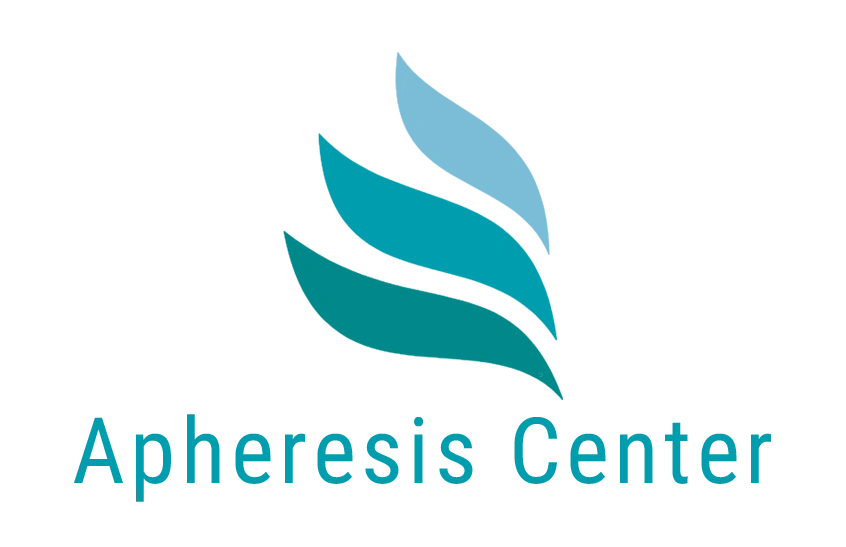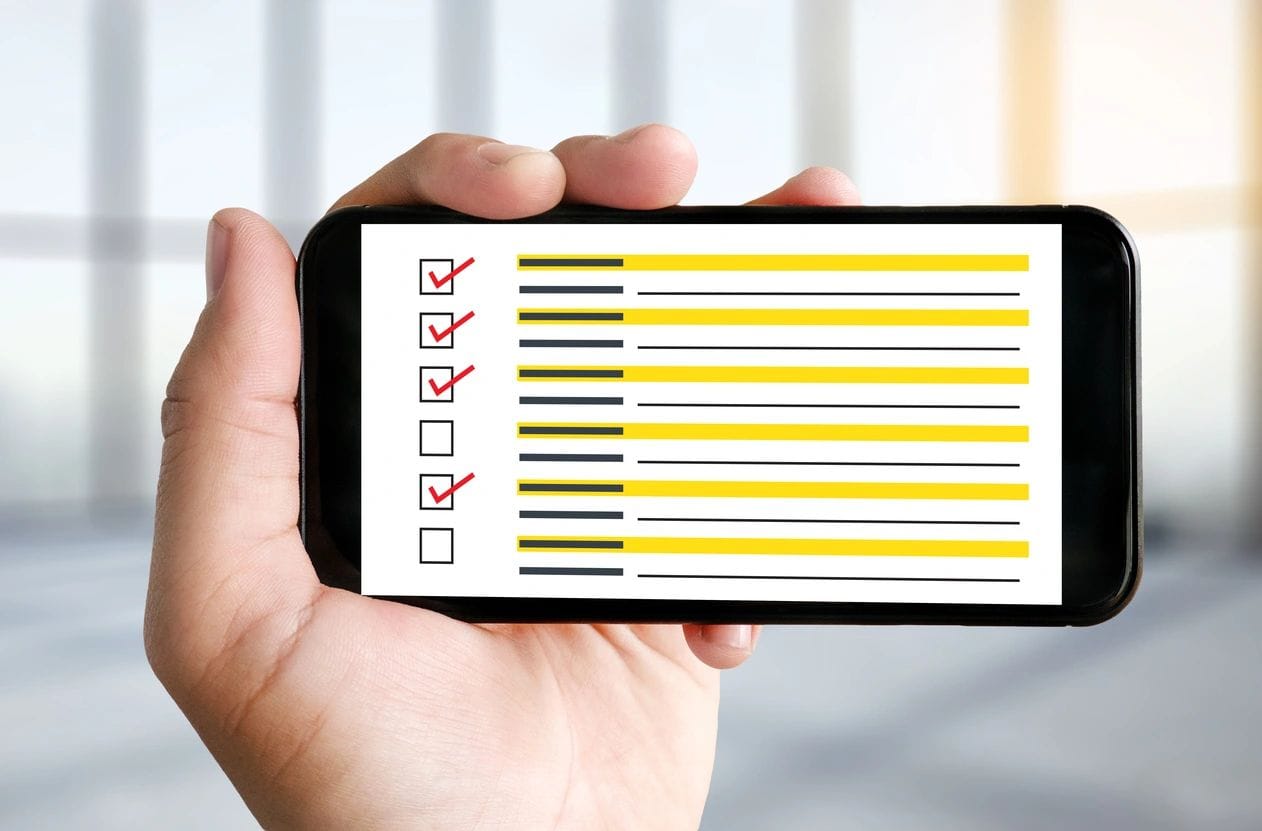المؤلف: تانيا والسر
العيش في المنتصف: الجهاز العصبي في مرحلة التعافي الطويلة من كوفيد
مايو هو شهر التوعية بالصحة النفسية، وهو فرصة سانحة لاستكشاف العلاقة الوثيقة بين الأمراض المزمنة والصحة النفسية. بالنسبة لمن يمرون بمرحلة تعافي طويلة من كوفيد، غالبًا ما تواجه الصحة النفسية تحديات، ليس فقط بسبب عدم القدرة على التنبؤ بالأعراض، بل أيضًا بسبب التغيرات العصبية والجهازية التي بدأنا للتو في فهمها.
Long COVID isn’t just “in your head” – but it does affect your brain and nervous system in powerful ways. Research shows how post-viral inflammation and nervous system dysregulation can lead to anxiety, brain fog, low mood, and emotional fatigue. By understanding how the nervous system is impacted, we can create more compassionate and effective strategies to support the body and mind through recovery.
كم من الوقت يؤثر كوفيد على الجهاز العصبي؟
One of the reasons Long COVID is so challenging is that it often impacts multiple branches of the nervous system – central, autonomic, and peripheral. Let’s briefly look at each.
1. الجهاز العصبي المركزي (CNS)
يشمل الجهاز العصبي المركزي الدماغ والحبل الشوكي. تُظهر الأبحاث التي استخدمت التصوير العصبي أن بعض المصابين بكوفيد-19 الطويل يعانون من التهاب عصبي، وتغيرات في المادة الرمادية، وتغيرات في المناطق المرتبطة بالذاكرة والعاطفة. قد يساعد هذا في تفسير أعراض مثل:
- Difficulty concentrating or remembering things (“brain fog”)
- تقلبات المزاج أو انخفاض الحالة المزاجية
- التحميل الحسي الزائد (الضوء والصوت والحشود)
2. الجهاز العصبي اللاإرادي (ANS)
The ANS controls automatic bodily functions like heart rate, blood pressure, digestion, and temperature regulation. For many with Long COVID, this system becomes dysregulated – a condition often referred to as dysautonomia. This can manifest as:
- خفقان القلب أو تسارع ضربات القلب (خاصة عند الوقوف)
- الدوخة أو الدوار (أعراض تشبه أعراض POTS)
- مشاكل في الجهاز الهضمي
- اضطرابات النوم
- استجابة إجهادية متزايدة أو مطولة
يمكن لهذه الحالة المستمرة من "التهديد" أن تدفع الجسم إلى حالة مهيمنة من الجهاز العصبي الودي، مما يجعل الشفاء أو الراحة أكثر صعوبة.
3. الجهاز العصبي المحيطي (PNS)
Though less commonly discussed, the PNS can also be affected. Some people report tingling, burning, or numbness in limbs – a sign of small fibre neuropathy.
لماذا تتأثر الصحة العقلية في كثير من الأحيان
If you’ve found yourself feeling more anxious, emotionally flat, or mentally exhausted, you’re not alone – and you’re not imagining it.
When the nervous system is inflamed or dysregulated, the brain’s ability to modulate mood, manage stress, and process emotions is affected. Your internal resources are stretched thin, and the usual coping strategies may feel less effective. Some contributing factors include:
- الالتهاب العصبي ، والذي يرتبط بالاكتئاب والتغيرات المعرفية
- خلل في تنظيم الكورتيزول ومحور HPA ، والذي يمكن أن يؤثر على الطاقة والدافع والمرونة
- اضطراب النوم ، مما يؤثر على التنظيم العاطفي والذاكرة
- الإثارة اللاإرادية ، والتي قد تجعل من الصعب "إيقاف التشغيل" أو الاسترخاء
وهناك أيضًا التكلفة العاطفية المترتبة على العيش مع حالة مزمنة لا تزال غير مفهومة من قبل بعض أجزاء المجتمع الطبي أو المجتمع الأوسع.
The nervous system isn’t an isolated structure – it’s part of a dynamic, adaptive system that responds to environment, lifestyle, trauma, and inflammation. Supporting it doesn’t require perfection. Instead, it’s about providing the body with consistent signals of safety, nourishment, and regulation.
وفيما يلي استراتيجيات مدعومة بالأدلة يمكنها دعم تعافي الجهاز العصبي وقدرته على الصمود.
1. العمل مع جهازك العصبي، وليس ضده
Pushing through fatigue, ignoring symptoms, or trying to “power through” a crash often backfires. Instead, adopt the concept of pacing with self-compassion. This means:
- تخطيط الأنشطة حول مستويات الطاقة الحالية لديك
- السماح بالراحة دون الشعور بالذنب
- تتبع الأنماط (الطاقة، النوم، العوامل المسببة للتوتر) بمرور الوقت
Many people find daily rhythms and predictability calming for the nervous system – even if your capacity is low. A simple morning or bedtime ritual can anchor your day.
2. دعم العصب المبهم
The vagus nerve is a key player in regulating the parasympathetic (rest-and-digest) state. You can’t will yourself into relaxation – but you can send gentle signals that it’s safe to soften. Low-effort techniques include:
- Slow diaphragmatic breathing (e.g., inhale for 4, exhale for 6–8)
- Humming, chanting, or singing (activates vagal tone)
- Cold water splashes on the face (brief and not extreme)
- Gargling (stimulates vagus through throat muscles)
- التواصل الاجتماعي الآمن ، حتى لو كان افتراضيًا
ورغم أن هذه الأمور قد تبدو صغيرة، إلا أنها مع مرور الوقت تعمل على تدريب الجهاز العصبي نحو خط أساسي أكثر تنظيماً.
3. الممارسات الجسدية اللطيفة
Somatic (body-based) approaches can help discharge stress and build interoception – your ability to sense internal signals. Practices that can be tailored to energy levels include:
- اليوغا الترميمية أو يوغا نيدرا
- مسح الجسم وتمارين التأريض
تعمل هذه الممارسات على تحويل الجسم من حالة دفاعية إلى حالة انفتاح وإصلاح.
4. خلق لحظات صغيرة من الأمان
If you’ve been living with heightened threat signals – physically or emotionally – your nervous system may be in a chronic state of hypervigilance. Even tiny moments of felt safety are powerful. Try:
- الجلوس في ضوء الشمس أو الضوء الطبيعي
- لف نفسك ببطانية ناعمة
- الاستماع إلى الموسيقى الهادئة أو أصوات الطبيعة
- النظر إلى الصور المهدئة (مثل الأشجار والمحيط والحيوانات الأليفة)
- إشراك الحواس (على سبيل المثال الزيوت الأساسية والشاي العشبي)
These aren’t “nice extras” – they’re information. You’re showing your nervous system it’s safe to shift gears.
5. إعادة بناء المرونة، بلطف
Nervous system regulation isn’t about “bouncing back” quickly – it’s about building capacity over time. This might include:
- Prioritising consistent sleep-wake times (even if sleep is fragmented)
- Taking tech breaks to reduce sensory overload
- Spending brief time in nature or natural environments
- Setting gentle boundaries to avoid overwhelm
ابحث عن عادات صغيرة قابلة للتكرار حتى يتمكن جسمك من الثقة بها.
يتذكر الجسد كيفية الشفاء
Recovery from Long COVID is complex, but the body is not broken – it’s responding intelligently to overwhelming input. Nervous system support doesn’t promise instant results, but it lays a foundation for gradual, sustainable healing.
During Mental Health Awareness Month, it’s important to acknowledge that mental health is physical health – especially in conditions like Long COVID. Nervous system care is a vital part of recovery, not an optional extra. You are not weak for struggling – your body is doing its best to protect you.
هناك طريق للمضي قدمًا، حتى لو كان متعرجًا.
If you’re curious about how functional medicine health coaching could help in your own Long COVID recovery, Tanja offers a free 20-minute conversation to explore what next steps might feel most supportive for you. Click here to book a time that suits you.


